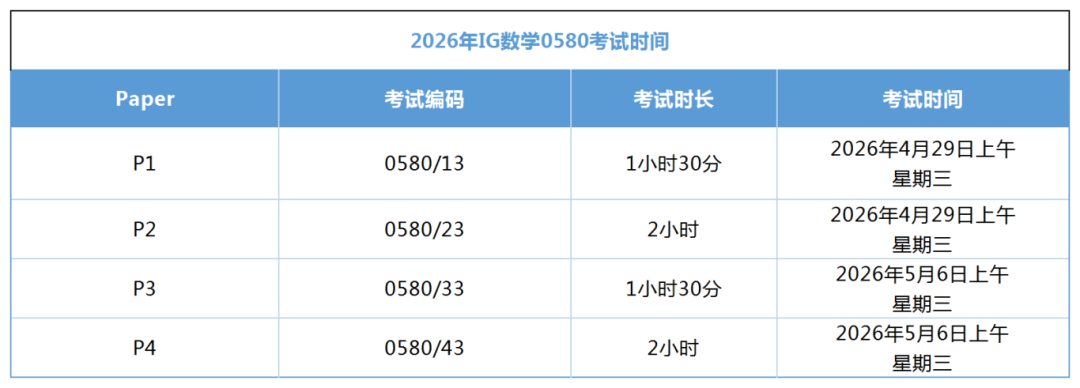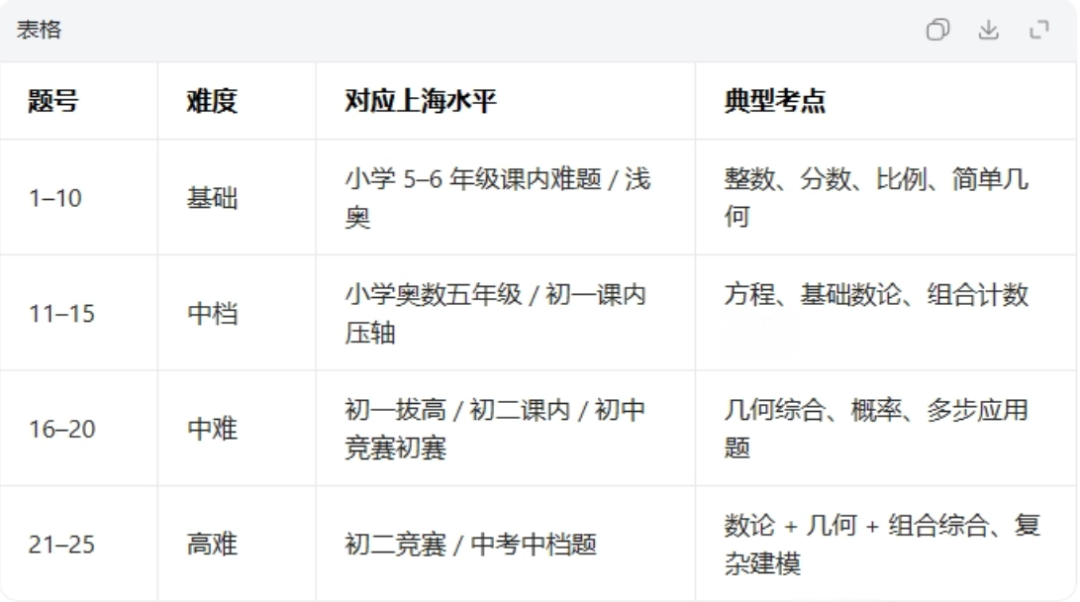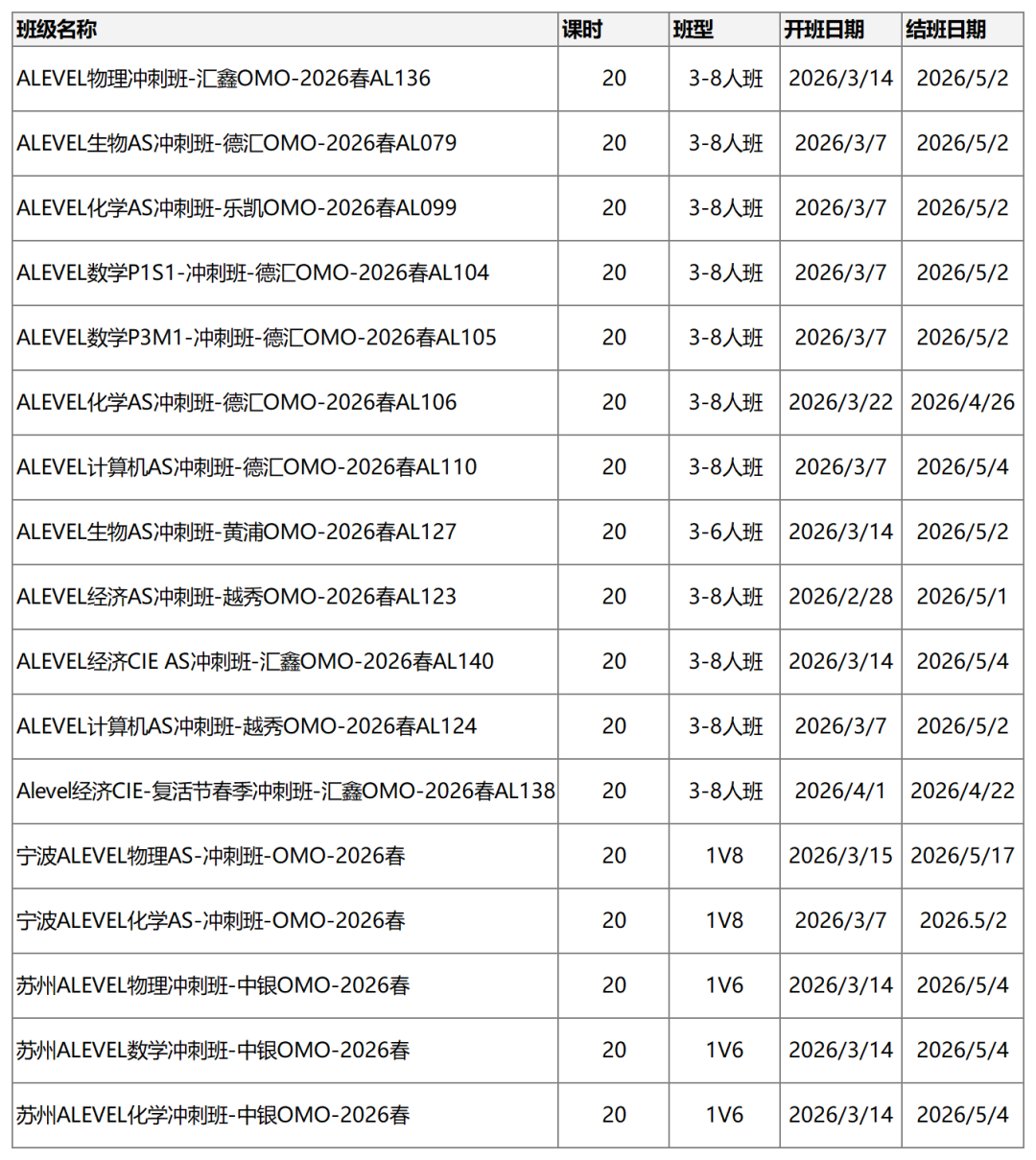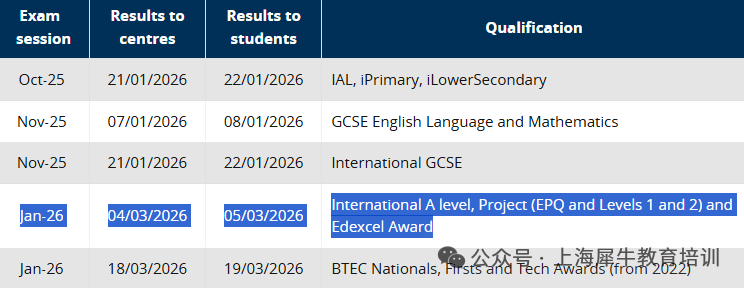本期 “老师博士”为大家推荐伦敦大学学院、爱丁堡大学2023最新奖学金介绍。
01、伦敦大学学院
PhD Studentship: Robotic Platforms for AI Empowered Nanomaterial Synthesis
University College London | Department of Chemical Engineering
博导:Dr Max Besenhard
截止日期:2024年2月19日(周一)资助的博士项目(全球学生)
项目描述:
VACANCY INFORMATION
The Department of Chemical Engineering at UCL (https://www.ucl.ac.uk/chemical-engineering/) is one of the top research and teaching departments in the UK, with world-class standing. The department offers several undergraduate and postgraduate programmes and has an extensive research portfolio across a wealth of areas, including advanced functional materials and autonomous systems. The department hosts 35 academics undertaking collaborative, ground-breaking research, focused on solving many of the grand challenges for society.
The advertised research will be conducted in UCL’s brand new and cutting-edgeManufacturing Futures Laboratory(MFL) at the beautiful Queen Elizabeth Olympic Park. The MFL is a truly interdisciplinary facility, bringing together core expertise from several departments, enabling the development of new strategic research, focused on knowledge-based manufacturing to deliver the advanced functional materials and sustainable products and processes of the future.
The post is fully funded for 3.5 years starting September 2024.
STUDENTSHIP DESCRIPTION
Robotics and automation are rapidly changing research and development in all areas of science and engineering. Empowered by Artificial Intelligence & Machine Learning autonomous robotic systems facilitate new ways for material discovery, providing a much needed strategy to develop materials that solve the grand challenges of society. This project focusses specifically on nanomaterials for biomedicine (especially magnetically induced cancer treatment and MRI contrast agents) and energy materials (e.g. solar cells and battery materials).
Synthesising nanomaterial with properties (e.g. size, composition, surface chemistry) well-tuned for the targeted application is incredibly complex as a high number of synthesis variables affects the final product. The experimental demands scale exponentially with the number of variables like reactants, reaction conditions and concentration and temperature profiles. Hence, scientists must restrict their search spaces dramatically despite seeking highly advanced nanomaterials. This usually leads to insufficient results or unrealistic experimental campaigns which severely limits innovation in nanomaterial science. This project aims to benefit from the opportunities robotic systems (and especially liquid handling robots) provide to automate nanomaterial synthesis.
Reactors commonly used to synthesise nanomaterials in the lab are rather simple but their integration into state of the art liquid handling robots has not been fully utilised. One reason for this is the size constraints all commercially available liquid handling robots impose, as they were developed and standardised to handle small liquid volumes. In addition, material characterization still requires manual sample transfer and sample preparation. Within this PhD the student will design small and compact chemical reactors that can be integrated within available robotics platforms, and develop workflows to facilitate the execution of synthetic procedures in these reactors autonomously, i.e., without experimental effort for the human operator. Furthermore, specialised analytic equipment analysing nanomaterials in real-time will be integrated within these robotic platforms and made part of the workflow to “close the loop”. This allows for fully autonomous nanomaterial development by coupling this robotic platform for nanomaterial synthesis and analysis with Artificial Intelligent algorithms. Such smart robotic platforms will make it possible to develop novel synthetic procedures yielding advanced functional nanomaterials for biomedicine and energy materials.
PERSON SPECIFICATION
The successful candidate will have completed or be close to completing a first-class degree at the MEng or MSc level in Chemical Engineering, Biochemical Engineering, Electrical Engineering, Computer Science, Physics, Chemistry, Material Science or any related science or engineering discipline. The successful candidate will be a motivated student, with an interest in the areas of material science (e.g. nanomaterial synthesis and characterisation), energy and biomedicine, automation and robotics, and artificial intelligence/machine learning.
The ability to work independently while being a productive member in a collaborative team, within the context of a dynamic research field and a demanding environment, is a must. Demonstrable prior experience in the field of material science or automation are desirable, but not necessary requirements. The post-holder will have the opportunity to present results at international conferences and publish in peer-reviewed journals of high international standing.
ELIGIBILITY
First-class degree at the MEng or MSc level is required.
Funds are only available to cover UK-equivalent fees. Overseas applicants may apply but if successful would have to find funding to cover the difference between the UK and overseas fees rates.
Applications should be submitted through:https://evision.ucl.ac.uk/urd/sits.urd/run/siw_ipp_lgn.login?process=siw_ipp_app&code1=RRDCENSING01&code2=0037
Please nominate Dr. Maximilian Besenhard as supervisor and include a statement of interest.
For informal enquiries please contactDr. Maximilian Besenhardatm.besenhard@ucl.ac.uk.
For further information on the MPhil/PhD course as well as the recruitment and selection process, please click on the link below:
https://www.ucl.ac.uk/chemical-engineering/study/mphilphd
Funding Notes
Stipend: c. £21,000 (in line with the UCL rate) + UK fees
Duration of Studentship: 3 years fees and 3.5 years stipend
Start date: September 2024
02、爱丁堡大学
Towards a world atlas of weather events to stress-test buildings
University of Edinburgh|School of Engineering
博导:Dr Daniel Fosas, Dr A Angeloudis
截止日期:2024年1月4日(周四)资助的博士项目(全球学生)
项目描述:
About the Project
Summary
Buildings are assessed using typical conditions, a questionable approach for a heating climate. This project will exploit novel datasets to develop a world atlas of weather events to stress-test buildings to enhance mitigation of and adaptation to climate change based on known and likely impacts.
Project background
A decarbonised built environment is key to climate change mitigation and adaptation, yet buildings still consume 29% of the global primary energy, mainly due to space conditioning demand [1]. This is particularly worrying given the imminent expansion of the building stock associated withpopulation growth to 9.7 billion by 2050, the service life of buildings and their costly retrofit [2]. As the climate changes, there is a need to map closely and rigorously the boundary conditions of buildings through the so-called weather files, to facilitate learning from regular and atypical weather events and promoting robust planning. However, and due to historical limitations, current practice relies on: (1) the existence of weather stations with suitable records nearby the location of interest; and (2) carefully crafted single-year weather files that prompts the typical response of buildings according to a single key performance indicator like space heating demand or indoor overheating.
Thanks to satellite imaging and novel climate reanalyses datasets, a new generation of weather files is now possible to deliver unprecedented spatiotemporal resolution (the whole world across decades) to create a rigorous, global testbed for the built environment [4, 5]. Here, historical data is essential to assimilate past performance as it provides every relatable event while helping establish the methods to prepare and consume datasets for future weather (near future) and climate change, improving predictive control and resilience. This project will leverage new approaches to weather file creation that allow assimilating such data for the built environment with emphasis on robust decision-making, usability, and interpretability.
Research questions
- What are the key mechanisms through which weather events affect building performance and indoor environments?
- What are the main weather event types that challenge mitigation of climate change?
- What are the main weather event types that challenge resilience to climate change?
- To what extent do extreme weather conditions influence decision-making by stakeholders when evaluating building performance?
Methodology
The shift from appraisals under prevailing weather conditions to stress-testing buildings and their occupants with extreme events is a natural step to take but one that requires a different (a) approach to boundary conditions selection and (b) outcomes for the built environment. This project sets out to examine the hypothesis that it is possible to isolate meaningful events for building performance evaluation (1) that can be mass-produced from publicly available datasets on climate reanalyses and impacts in the built environment, (2) that capture the variability of observed weather-driven response of buildings, (3) that complement state-of-the-art single-year, single-parameter weather files, and (4) that facilitates decision-making by stakeholders.
- Review of the literature on weather file creation, available datasets, and extreme weather events. Work towards submission to specialist journal (months 1-9).
- Develop a codebase to establish a synthetic building stock database representative of different geographical contexts (months 7-12).
- Develop codebase to identify weather events from existing weather station and reanalysis datasets and testing on building physics engines (months 13-18).
- Appraise the representativeness of results based on impact on building occupants and outcomes for the built environment. Estimation of potential global coverage (months 18-24).
- Validate and evaluate performance of the novel weather files to current state of the art (months 24-30).
- Evaluate impact on decision-making by designers, facility managers or authorities, when appraising building performance in the presence of known, relatable weather events (months 30-36).
- Disseminate findings in academic journals, international conferences, and professional bodies (months 18-36).
- Thesis write up (months 36-42).
Training
A comprehensive training programme will be provided comprising both specialist scientific training and generic transferable and professional skills. The PhD candidate will be introduced to comprehensive training options, within the University of Edinburgh and elsewhere. Depending on the experience of the candidate, options include (1) building physics simulation engines (commercial and/or research), (2) introduction to data science, (3) geospatial data analysis, (4) observation and analysis of surface solar radiation. The candidate will have the opportunity to become a teaching assistant following formal training, and there will also be opportunities to contribute to wider training and outreach activities. Further training in both academic and interdisciplinary skills will be available as part of Edinburgh’s Institute for Academic Development.
Requirements
Candidates should have at least a 2:1 undergraduate degree in Engineering, Environmental Sciences, Physics or in another relevant programme. Experience or willingness to learn programming (Python, R, Julia, or similar) to manipulate large-scale datasets, manage simulations and analyse results will be essential. A background in building physics or meteorology would be an advantage but it is not essential.
Further Information: The University of Edinburgh is committed to equality of opportunity for all its staff and students, and promotes a culture of inclusivity. Please see details here:https://www.ed.ac.uk/equality-diversity
This project is competing for funding under theE4 schemeat the University of Edinburgh. We also welcome candidates that would like to propose their own projects for the student-led category of the E4 funding scheme at the University of Edinburgh.
Apply byThu Jan 04 2024 at 12:00 atProject Description | The University of Edinburgh
Funding Notes
Tuition fees + stipend are available for Home/EU and International students















